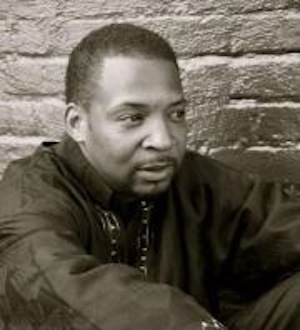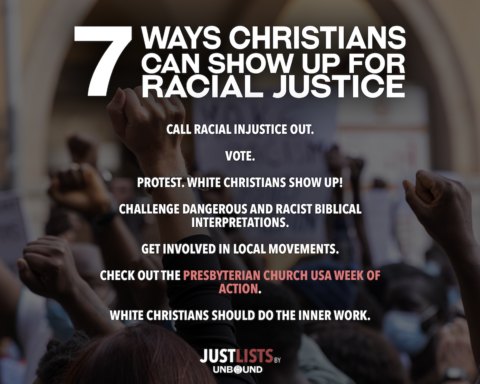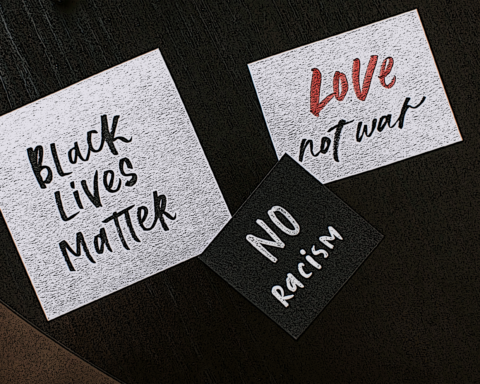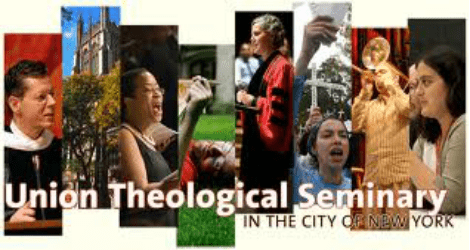Interdenominational Theological Center
By Rev. C.W. Lowery View and print as PDF.
View and print as PDF.

Evolution of the church
My concern for the nature of the church is not for the social justice successes or failures of past generations; my concern is for this generation—a generation adept at identifying and critiquing past complicity and oppression, but which often stands mute before the simple question, What are you going to do? Past generations of the church, particularly in the 20th century, did address the needs of the people and of the community. The responsibility is now on the new generation to press us forward based on new understandings. It is extremely important for this to happen because if we neglect this responsibility, we falter not only for the future but for the past as well, betraying the opportunities for which our predecessors labored.
For this to happen, for current needs to be addressed “properly,” we must interpret social justice formally from our current place in history—a social location characterized primarily by ethnic groups and classes—and with particular attention to the entire health of a person, segmented three ways: the spiritual, the physical, and the socioeconomic.
In this article, I develop a concept of social justice based partly on personal experience and partly on conferences and classes at the Interdenominational Theological Center such as Dr. Rasor’s Sociology of Religion class and the Samuel Dewitt Proctor Conference. The concept of Optimal Health comes from the writings of John T. Chissell.
The meaning behind the concept ‘social justice’ is perhaps less self-evident than we often think. In fact, its meaning is quite evasive and requires a careful analysis of what we fight for. I use the inclusive term we intentionally. If one carefully observes the European Americans, the Latino Americans, the Native Americans, the African Americans, and any other United States ethnic group, one will find, I believe, that the common thread that connects us is the strive for social justice in the United States. Within each of these groups, though disproportionately affecting some more than others, there are class levels of society: the rich, the middle class, the working class, the poor, and the homeless—and an emerging class (threading through the others) comprised of the currently and formerly incarcerated. The evident disparities should lead us to conclude that social justice should be a priority. But which school of thought, so often predicated on contesting class and ethnic identities, gets to define that social justice?
Ethnic groups
Certain factors must be considered in the determinations of social justice: history, tradition, desire, and social location. The factor of ‘history’ has been particularly important in scripture and its framing of ethnic identity. Social justice for the children of Israel includes both their liberation from oppression through the exodus and their conscious remembering of that event, which, by God’s very commands, colors how they treat others, particularly the marginalized and vulnerable of society. To be an Israelite is to belong to a history of liberation and the continual opening of the margins.
However, if we fast forward to 2012 in the United States, we find a nation unmoored from its history—and without that framework of history, American justice has become twisted. Social justice for a lot of Americans, for instance, seems to look like keeping the U.S.-Mexican border guarded from the migration of the descendants of the original inhabitants of America. This definition lacks framing; it ignores the historical atrocities committed against such groups in the U.S. It is reasonable to control who comes and goes across the shared border for safety sake. But if American citizens were to remember their shared history of immigration (often fleeing oppression and poetry, or simply seeking better opportunity), and a history of colonization and displacement of entire peoples, then social justice in this context would look very different. For, it is not ironic, or unjust, that an ethnically indigenous group of people would show up and begin repopulating their land of origin. What is ironic and unjust is for the descendants of their persecutors to restrict their resurgence and to appropriate all rights to define social justice.
Classes
Socio-economic class in and of itself is not oppressive. It is the exercise of class advantage that is the propellant of oppression. This advantage can be exercised actively, such as when the very wealthy fund lobbyists who persuade the government to reduce their taxes, while increasing them for the working classes. But it can also be exercised passively. Can there be any doubt that comfort often breeds apathy for struggle in a voyeuristic society? The increasing comfort of, and in, one’s class status is a primary contributor to one’s stance on social justice. With the benefits of wealth and status, we become reluctant to threaten our presumed position in society and challenge the status quo so we just apathetically allow the opportunity to help pass us by.
I can firmly posit at this juncture that the benefits of class do affect our view of social justice. It is, furthermore, not unreasonable to conclude that social justice means one concept to a rich man and another to a poor man; it means one concept to a white U.S. citizen and something else to a black U.S. citizen. Social justice in all of its eloquences and graces means one vision to Latinos in Mexico and another to Latinos in the U.S.
Where are we going?
Being less than optimally healthy is a social justice issue in and of itself. Is it just for a person through no fault of their own to have little or no access to resources that contribute to their overall well being? Is it just not to have access to spiritual health enhancing resources? Is it just not to have access to physical activities, doctors, food, or mental health resources? Is it just not to have access to the skills to create a career for oneself? Is it just not to look for ways to improve the financial health of churches, businesses, and homes using green technologies, when they are so readily available and would do so much good? I think we know the answer. As such, our vision is that God would allow us to evolve, not into groups of mega churches, but into holistic churches, so that growth is formally, functionally, and purposefully aimed at addressing the needs of persons. This church would look like a four compartmented organization to include, Spiritual health, Physical & Mental health, Socio-economic health, and Social Justice. With this organization people would not only be empowered but will be fruitful in a healthy way with more than enough blessing to be shared by one and all.
___________________
Rev. C.W. Lowery is an Ordained Deacon, 6th District AME Church, Turner Theological Seminary.






Unbound Social